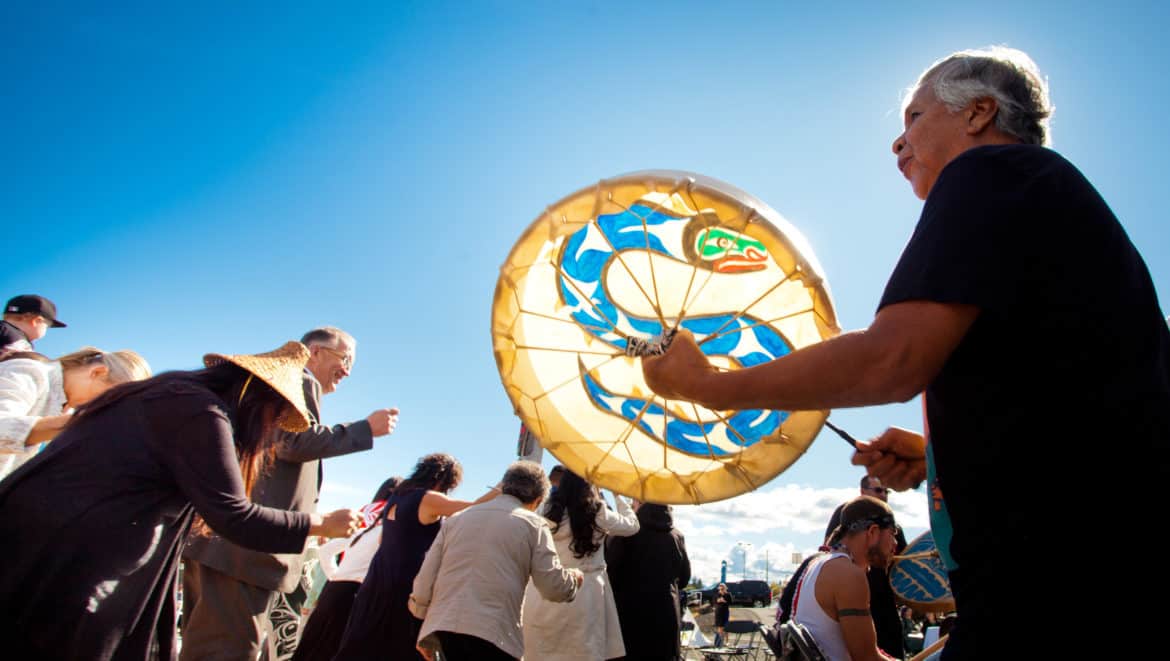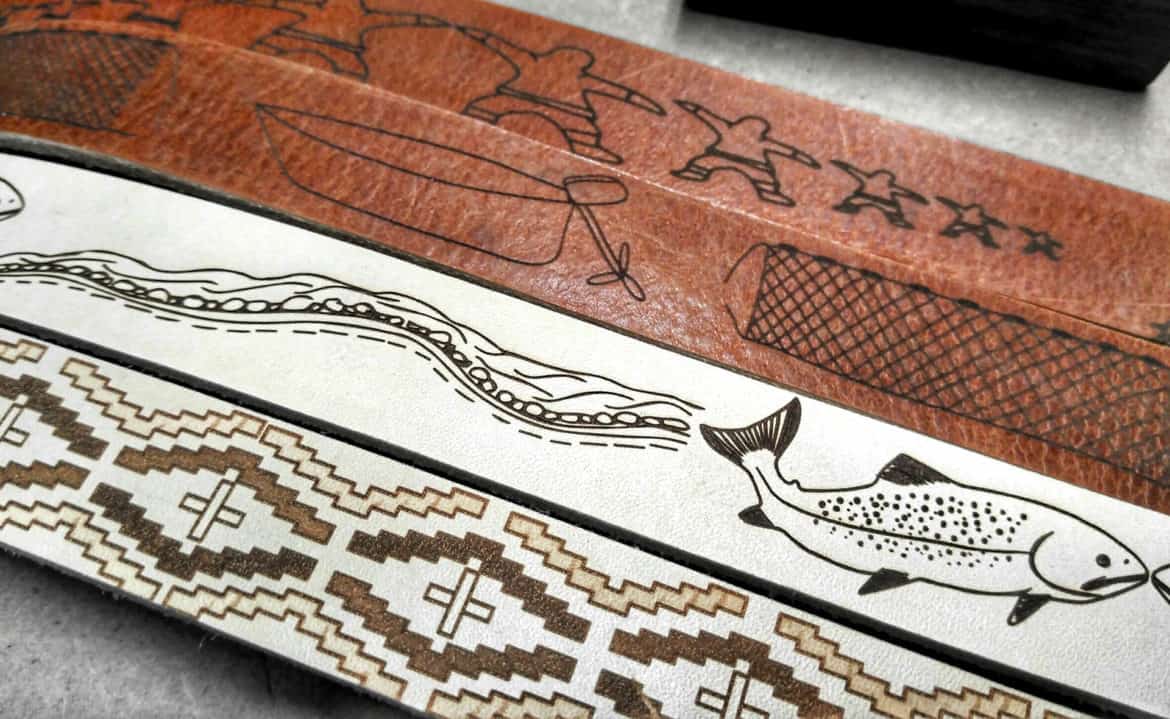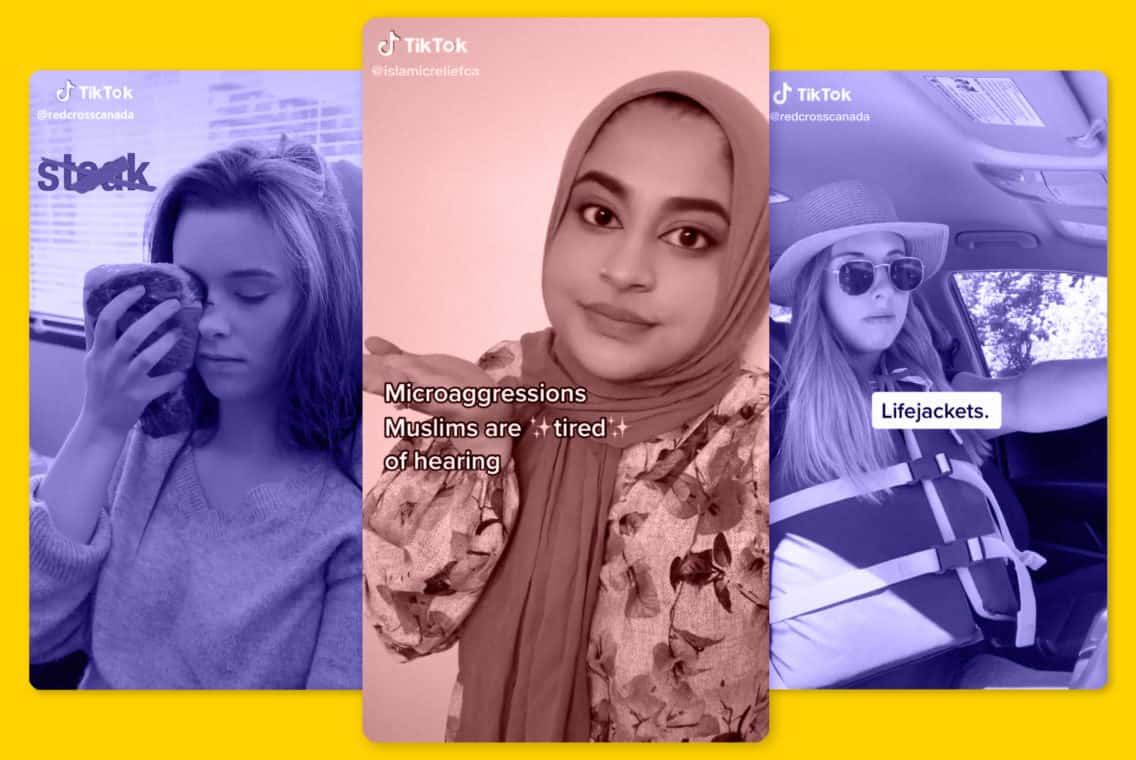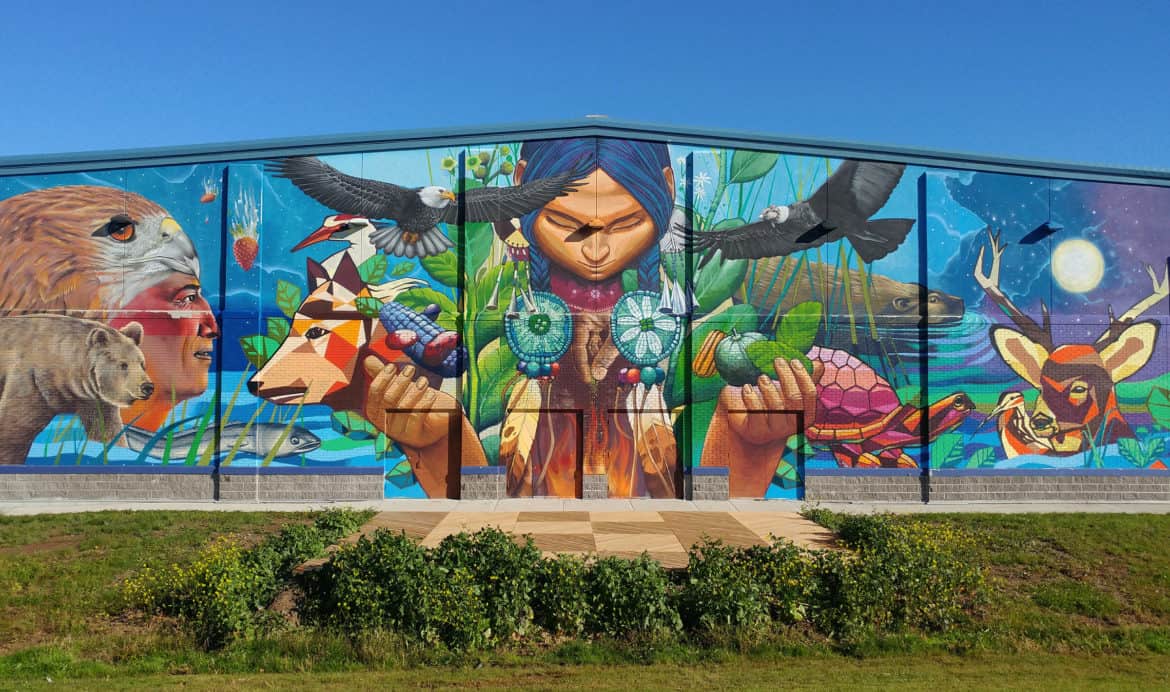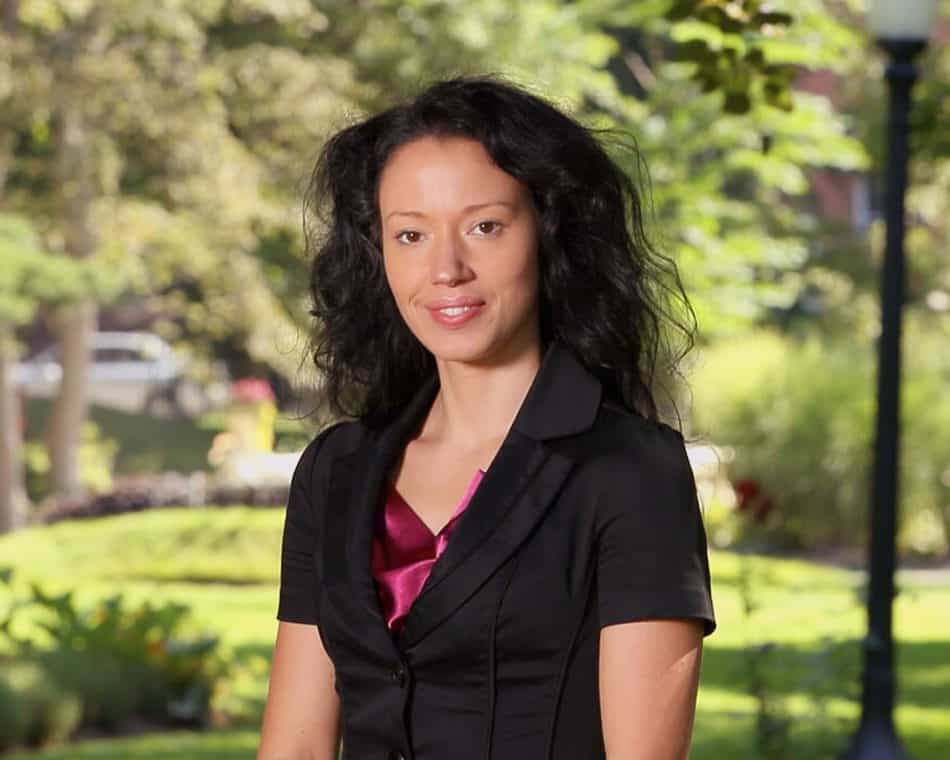Transforming philanthropy: Embedding Indigenous principles in learning and evaluation
The Mastercard Foundation’s EleV initiative aims to transform education and employment systems to enable 30,000 Indigenous young people to access post-secondary education and transition to jobs and entrepreneurship. Central to this goal is the Anishinaabe concept of “Mino Bimaadiziwin,” which means “to live a good life” – one that reflects the individual’s goals and values based on their worldview.
